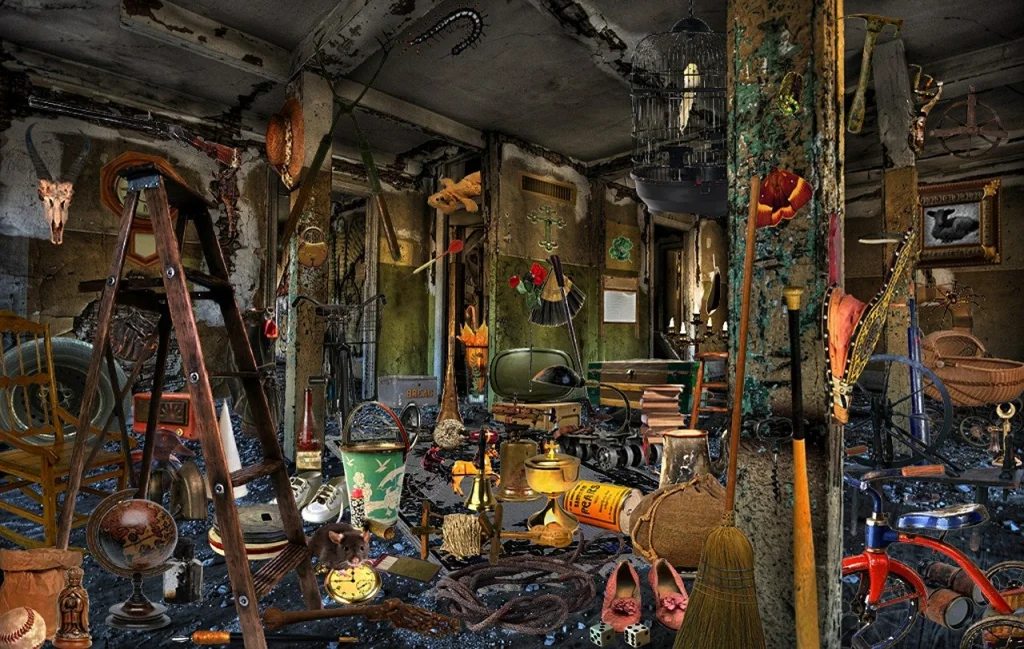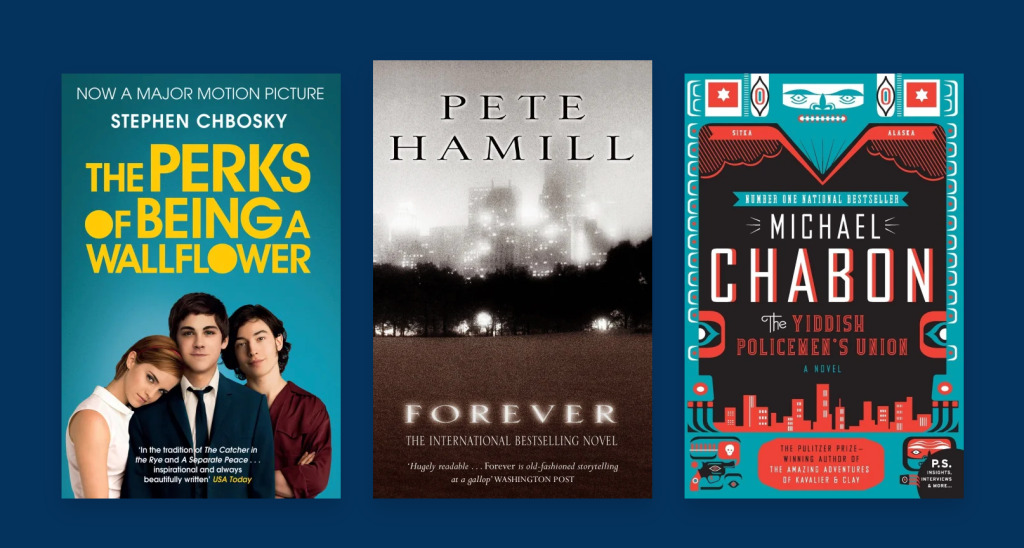 I’m a bit different from some authors. Instead of outlining and building a character from scratch, I let one fall into my head. I follow him or her around as we find the story together. So sometimes (oh, who am I kidding; it happens nearly all the time) I get to work with characters who are a little broken, a little damaged, or who don’t always make the choices I want them to.
I’m a bit different from some authors. Instead of outlining and building a character from scratch, I let one fall into my head. I follow him or her around as we find the story together. So sometimes (oh, who am I kidding; it happens nearly all the time) I get to work with characters who are a little broken, a little damaged, or who don’t always make the choices I want them to.
This means I often hear the same comment from my early readers: I wanted to SLAP her!
If it’s any consolation to them, sometimes I want to slap her, too.
Yet to write a book any other way, for me, would feel wrong. It would feel like I’m forcing a character to do something contrary to his or her nature. Readers can sense this. It can make the characters’ journeys feel fake, like the author is moving them around on a chessboard to suit the needs of the plot.
When Sarah Cohen popped into my head for Sliding Past Vertical, oh boy, did I want to slap her. Probably more than any of my other heroines. She meant well. Underneath, I could sense that she meant well, and didn’t want to hurt anyone, but some of her decisions had unintended consequences because she wasn’t thinking them through. I really felt for Emerson, who still loved her after she broke up with him in college. Stop hurting my book boyfriend, I wanted to yell at her.
But I had to let her do what she was going to do. That’s one of the most important lessons I learned from her. As I write a book (and for a while afterward), the characters feel as real to me as the people I come across in the supermarket, on the train, in the gym. That’s what some readers say they love about them. Yet real people don’t always make the best choices, especially if they are in trying situations. They make the ones that feel like the best thing to do at the time. And knowing this has not only helped me feel more compassionate toward other people, it’s helped me feel more compassion for my characters and for myself.
I haven’t always made the “right” decisions in my personal life. Who has? Through writing, and especially when I’m given the gift of a character like Sarah, it helps me grow and helps me learn more about forgiveness.
In a novel, though, if a character never learns anything or changes in some way because of what she experiences, well, what’s the point of having her in the book? It’s a question writers often ask themselves while a story is in development. Sarah, as much as I wanted to sit her down and talk some sense into her, deserved to stay because she had to go through a transformation. She had a lot to learn. I had to be compassionate enough to let her do that on her own, without pushing her around or making her be someone that she wasn’t. And maybe that’s why she came into my life.




Leave a comment